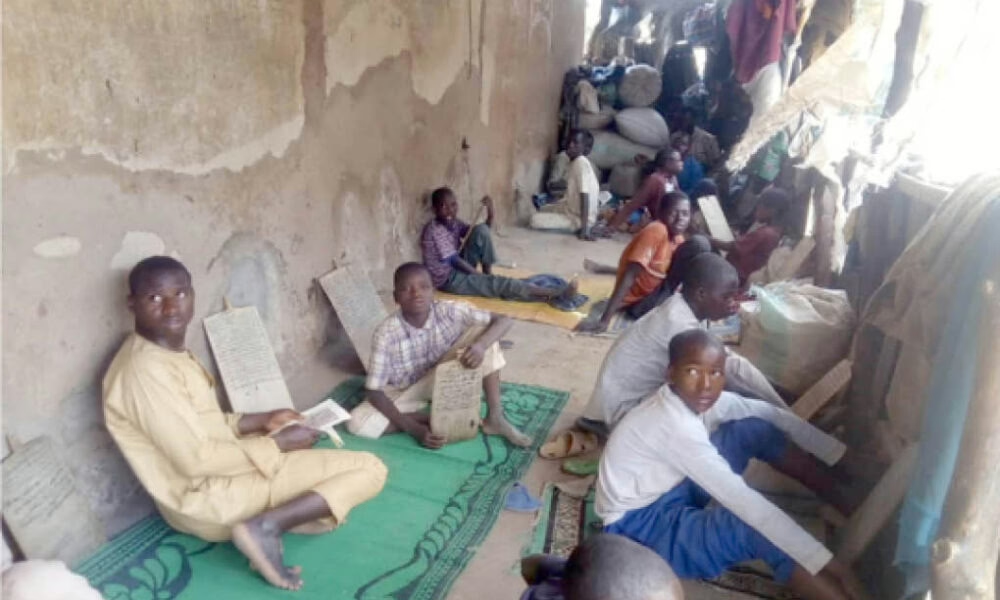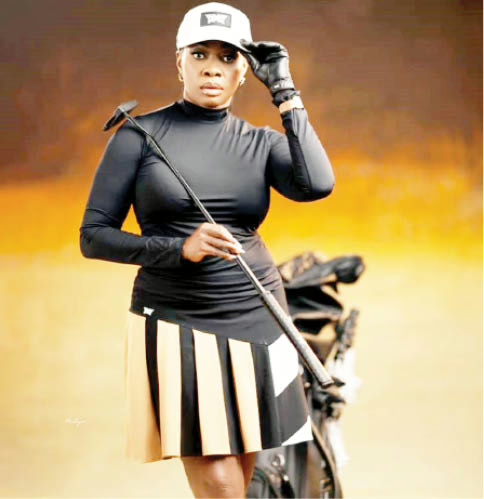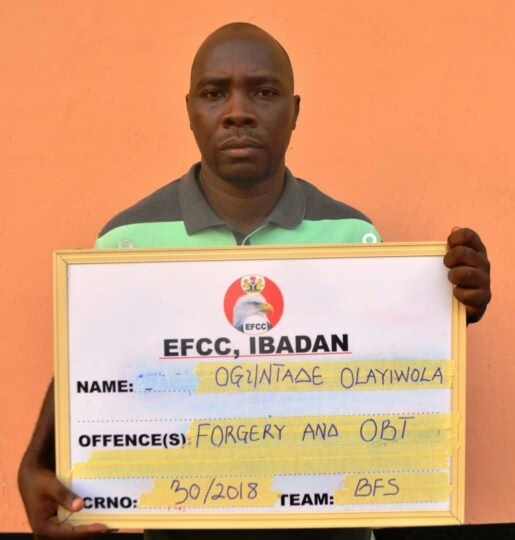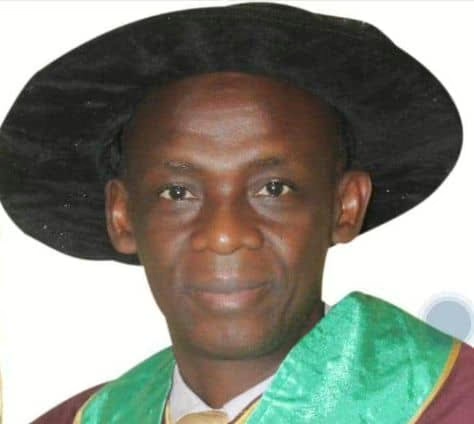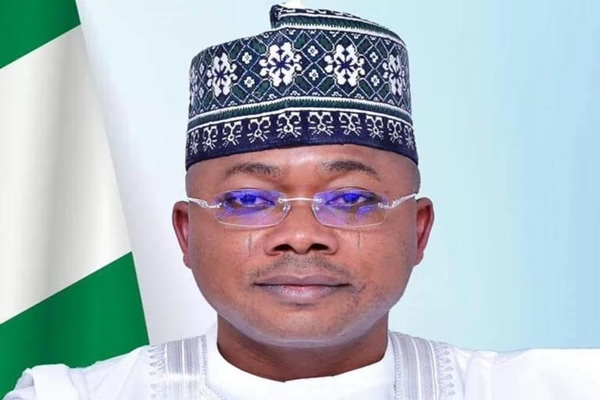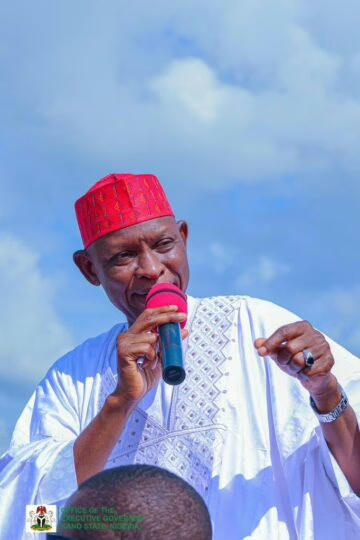The four protagonists of Edgar Wallace’s novel, “The four just men”, were a British politician; an American journalist based in Paris, France; a lawyer who is based in America; and a Roman hotelier, who met as soldiers during the Second World War.
When they met later in life as civilians they joined their efforts across the Atlantic Ocean to fight for justice and against tyranny. Their mission, as you’ve probably guessed, is to make society a better place.
Who is looking out for the world of Nigerians these days? Many of those who run the country are unjust, unfair and thrive on impunity that denies and prevents equity and egalitarian values, which are the hallmarks of a just society.
In an interesting op-ed sarcastic piece, Professor Hope Eghagha of the University of Lagos reported that the first premier of Western Nigeria, Obafemi Awolowo, had observed from his new heavenly abode that “it seems that the man in Aso Rock is the only good man in this government.” Many will disagree with this opinion attributed to Awolowo.
Maybe the Speaker of the House of Representatives, Femi Gbajabiamila, rumoured to have the intention to delete ‘honourable’ from the address of legislators, thinks that there are no just and honourable Nigerians.
Someone has suggested that most of those addressed as ‘honourables’ after being elected as local government councillors and legislators, or appointed as ministers or commissioners of all tiers of government, are actually scoundrels.
In 2020 soldiers were brought to the Lekki Tollgate in Lagos to rout youths who thought the Special Anti-Robbery Squad of Nigeria Police Force was becoming heavy-handed and should be disbanded.
Though the squad was disbanded, police impunity did not end. On December 25, 2022, a police officer of the rank of Assistant Superintendent of Police shot and killed a pregnant female lawyer in the same Lekki axis.
After the killing of Bolanle Raheem, the president, some presidential candidates, even the Inspector General of Police, and Commissioner of Lagos State Police Command, started issuing bland statements of regret.
The most ridiculous and asinine is the report of the local government chairman who named a street after Bolanle three days after she was extrajudicially killed. So now, you can become a hero in Nigeria if you allow yourself to be shot to death by a (probably drunk) police officer.
It doesn’t look as if the political elite, chief executive officers, professionals, trade unionists, or even the media (that has the constitutional responsibility to hold the government accountable to the people) are on the side of the people.
No wonder the presidential candidate of the Labour Party, Peter Obi, has called for a Nigeria that is just, fair and inclusive to all. This should be the irreducible minimum performance expected of those who run Nigeria.
It is increasingly becoming obvious that the media, with its own share of unjust men, is financially and operationally incompetent to carry out the responsibility assigned to it by the 1999 Constitution.
Media owners, managers, professionals and academics need to fashion a way out of the financial and operational bind for the media that is beginning to look like a man blind in both eyes, trying to lead the one-eyed man out of the woods.
Thirty years after the military wilfully scuppered the unending transition programme of the regime of military President Ibrahim Babangida, the wheel is slowly turning for another election– that may make or mar Nigeria.
Observers say that if Nigeria misses it again, it may take forever to get it right. The fear is that Nigeria may splinter into ethnic conclaves under the suzerain of warlords, renegades and buccaneers.
After Nobel laureate, Prof Wole Soyinka, asserted, “For me, justice is the first condition of humanity,” Prof Pius Adesanmi explained that sentiment as follows: “It is a trandescent vision of justice, fairness and society, which foregrounds humanity beyond base instincts fed by ethnicity, religion and politics.”
But for the purpose of the 2023 general elections that must produce a president and many governors and legislators that will steer the affairs of Nigeria for (at least) another four years, the checklist must emphasise the morality and character of those in line to receive the mandates.
The biggest problem of Nigeria is the dearth of ‘appropriate’ personnel. There are too many incompetent and heartless individuals in nearly all the tiers and agencies of government in the country.
Late Governor Lam Adesina of Oyo State, a former history and government teacher at Ibadan Grammar School, once explained the enormous powers of a Nigerian president as next only to the powers of the Almighty God.
The Yoruba in the South-West region put it in a more succinct fashion: Kings are the authoritarian lawgivers who are next in the line of authority to the deity, which, in long-winded Yoruba logic, means the unquestionable God in His Supreme powers.
But Nigerian citizens have an obligation to themselves. Associate Justice Louis Brandeis of America’s Supreme Court once insisted that “the most important political office (in a democracy) is that of the private citizen.”
No wonder that after serving their country in public office Americans proudly announce that they have reverted to the office of the private citizen, who also pays close attention to the work of their successors. And they try to intervene by speaking and acting publicly to commend their right or not-so-right moves.
To emphasise the need for the citizens to actively engage in voting during elections, which is probably the most important duty of citizens in a democracy, Justice Brandeis, while trying to admonish a certain John, who refused to vote in the Boston City municipal elections, said, “The only thing we have to do, in order to get good government is for the men and women of Boston to feel the dishonour which they bring upon the city by neglecting to vote and vote intelligently.” Eternal vigilance is the price for democracy.
Nigerian voters must form a critical mass to effectively swing the votes to swing mercantilist politicians away from power and replace them with competent ones who truly love and genuinely want to serve Nigeria and Nigerians.
Nigerians must be tired of the domestic equivalents of OXFAM, who steal the people’s commonwealth and then turn around to give the people some token, in the manner of the benevolent, who steals from Abu to later play host to Abu.
Nigerians have the sacred duty to diligently seek out those few just men who will run the country in a just manner. At the risk of sounding repetitive, it is important to stress that Nigeria must not drop the “political salvation” ball in 2023. The stakes are too high.
Even though the primaries of the political parties are done and there won’t be any changes in the cast already presented, the citizens must do themselves the favour of doing due diligence before hiring the next hands that will run the country.
Nigerian citizens cannot afford to trust politicians to do good for them. Most of the country’s politicians are self-serving individuals who do not even think that they owe the citizens any obligation of duty.
Because wrong personnel is the problem of Nigerian politics, the 2023 general elections should give Nigerians the opportunity to reset their polity.


